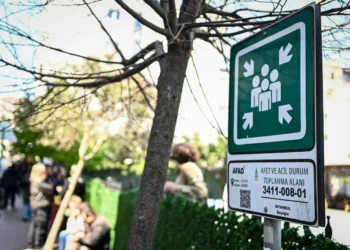The government finally managed to pass the Finance Bill 2021 – dubbed as the ‘mini budget’ – through parliament, raising concerns of an imminent price hike and clearing a hurdle before the IMF releases the next tranche as part of the financial assistance programme.
The hours-long session of the National Assembly continued till midnight as 16 bills were bulldozed in a single day in the presence of the prime minister and opposition leaders, who had vowed in vain to block the bill. The SBP Amendment Bill, which envisages greater autonomy for the central bank, was also passed on the same day. The opposition has argued that the bill is tantamount to handing over the nation’s economic sovereignty.
The mid-year budget aims to impose Rs350 billion in new taxes, raising fears among overburdened citizens that prices will rise once again. Sales tax on mobile phones, poultry, livestock, dairy and bakery items have been increased while tax exemptions on laptops and solar panels were withdrawn. Even hybrid and electric vehicles which the government aims to promote in its auto policy are set to become more expensive.
Despite the economic crisis, the government is confident that its efforts to handle the economy during the pandemic have worked well and need to sustain growth momentum. Questions are being raised as oil prices are at record levels, foreign reserves have declined to $23.9 billion, and inflation rate has risen 12.3% in December from a year earlier. Edible items were the main contributor to the latest increase and the government has failed to control food prices.
The government’s claim will be bolstered by the World Bank which reported surprising growth in Pakistan supported by higher demand, record remittances and an accommodative monetary policy. Pakistan’s growth rate is expected at 3.4% this fiscal year and 4% in 2022-23 despite the global slowdown due to the resurgence of the coronavirus.
The surging food and energy prices have put the government under increasing as household bills have caused resentment among the middle classes. The policymakers are confident that the economy has the capacity and financial cushion to withstand the rising external account pressures. This will be the real challenge for the incumbent government before the tide turns against them.





























